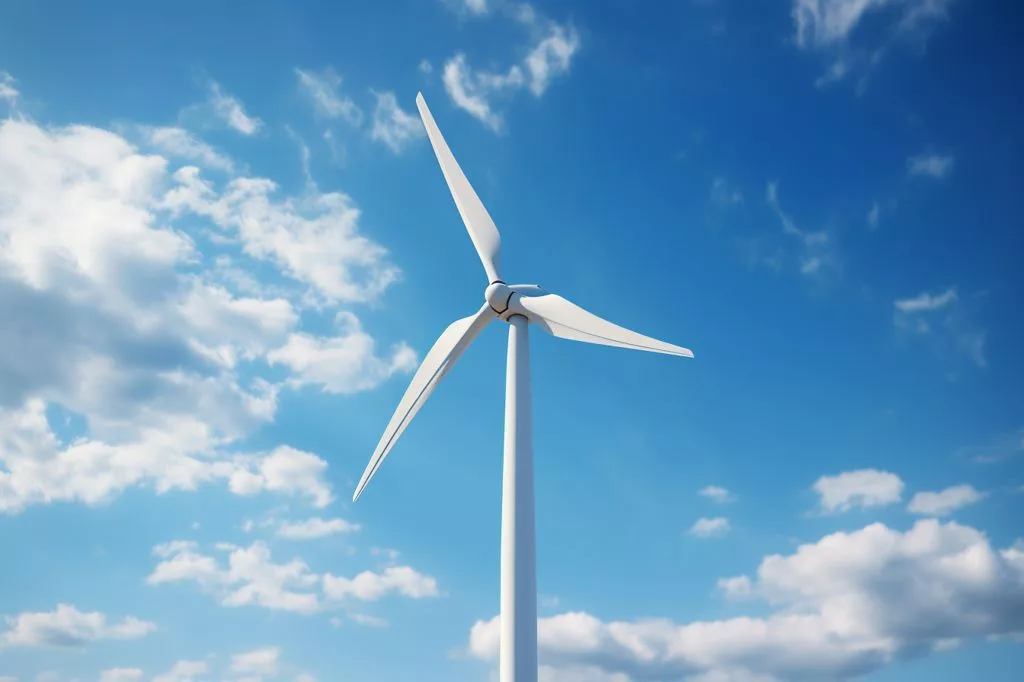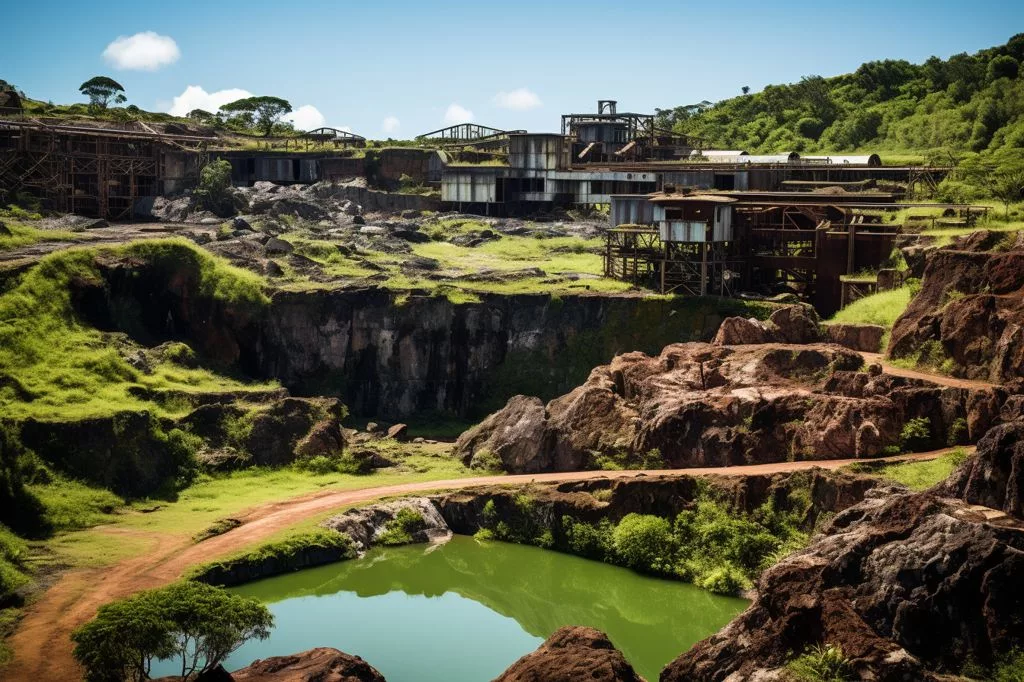The Western Cape Government in South Africa has launched an electricity wheeling toolkit to connect private electricity producers with individual consumers, reducing the impact of loadshedding and increasing access to renewable energy. This joint effort aims to provide sustainable energy solutions to address energy challenges, demonstrating the government’s dedication to discovering inventive methods. The toolkit offers economic benefits by allowing private consumers to save on their electricity bills and promoting the region’s green economy, creating new employment opportunities and drawing investment for sustainable energy infrastructure.
What is the Western Cape Electricity Wheeling Toolkit?
The Western Cape Government in South Africa has introduced an electricity wheeling toolkit for local municipalities. The toolkit aims to expedite the connection of private electricity producers with individual consumers, thereby reducing loadshedding and increasing access to renewable energy at lower supply costs. This joint effort demonstrates the government’s dedication to discovering inventive methods for addressing energy challenges and providing sustainable energy solutions.
A Pioneering Approach to Sustainable Energy
An inventive strategy for sustainable energy has emerged in Western Cape, South Africa, with the Western Cape Government unveiling an electricity wheeling toolkit for local municipalities. Officially launched on October 23rd by Provincial Minister of Infrastructure Tertuis Simmers, this toolkit aims to expedite the connection of private electricity producers with individual consumers, thereby reducing the effects of loadshedding and increasing access to renewable energy at lower supply costs.
A collaboration between the Western Cape Government, the Department of Infrastructure, and the Department of Economic Development and Tourism, as well as industry organizations, municipalities, and private sector partners, led to the creation of this toolkit. This joint effort demonstrates the government’s dedication to discovering inventive methods for addressing energy challenges and providing top-notch services to its residents.
Loadshedding has become an increasingly pressing issue for South Africa in recent years, impacting various aspects of everyday life and the economy. Through the implementation of this electricity wheeling toolkit, the Western Cape Government seeks to establish a more durable and sustainable energy system by incorporating independent power producers (IPPs) and renewable energy sources into the grid, ultimately decreasing the region’s reliance on unstable energy supplies.
Enhancing Renewable Energy Production and Consumption
This toolkit allows municipalities to establish a more efficient process for connecting private electricity producers with individual consumers. As a result, renewable energy production and consumption are expected to increase, furthering South Africa’s efforts to combat climate change and transition to a low-carbon economy.
The introduction of the electricity wheeling toolkit is a noteworthy accomplishment, reflecting the Western Cape Government’s commitment to promoting sustainable energy solutions. As Minister Simmers remarked, “I look forward to this launch and making key announcements for our energy infrastructure portfolio. As a government that prides itself on providing its citizens with services of the highest quality, finding innovative solutions to mitigate the spate of loadshedding is one such service.”
Electricity wheeling – the practice of transporting electrical energy from one point to another within the grid – represents an exciting opportunity to increase the use of renewable energy. By providing municipalities with the necessary tools and guidelines, the Western Cape Government is taking a proactive stance in addressing energy challenges and advocating for innovative, sustainable solutions.
Economic Benefits and Long-Term Impact
While the toolkit’s primary objective is to alleviate loadshedding and expand renewable energy sources, it also offers substantial economic advantages. By allowing private consumers to access renewable energy at lower supply costs, businesses and households can experience significant savings on their electricity bills, thereby promoting regional economic growth and prosperity.
Moreover, the heightened incorporation of IPPs and renewable energy sources has the potential to stimulate the region’s green economy, creating new employment opportunities and drawing investment for sustainable energy infrastructure. As such, the electricity wheeling toolkit not only tackles immediate energy challenges but also contributes to the long-term well-being and growth of the Western Cape region.
The Western Cape electricity wheeling toolkit signifies an inspiring development in South Africa’s pursuit of sustainable energy solutions. By facilitating the connection between private electricity producers and individual consumers, the toolkit offers a practical approach to mitigating loadshedding and increasing the availability of renewable energy sources.
As more municipalities adopt and implement this toolkit, it is anticipated that the region will witness a notable improvement in energy stability and resilience, contributing to a more prosperous and sustainable future for its inhabitants.
In summary, the Western Cape electricity wheeling toolkit is an essential step forward in South Africa’s journey toward energy independence and sustainability. By introducing innovative solutions to address the region’s energy challenges, the Western Cape Government is laying the groundwork for a greener, more sustainable future—one that benefits not only its residents but also the Earth as a whole.
1. What is the Western Cape Electricity Wheeling Toolkit?
The Western Cape Government in South Africa has introduced an electricity wheeling toolkit for local municipalities. The toolkit aims to expedite the connection of private electricity producers with individual consumers, thereby reducing loadshedding and increasing access to renewable energy at lower supply costs.
2. Who launched the Western Cape Electricity Wheeling Toolkit?
The Western Cape Government in South Africa launched the electricity wheeling toolkit.
3. What is the objective of the Western Cape Electricity Wheeling Toolkit?
The primary objective of the Western Cape Electricity Wheeling Toolkit is to alleviate loadshedding and expand renewable energy sources.
4. What are the economic benefits of the Western Cape Electricity Wheeling Toolkit?
The Western Cape Electricity Wheeling Toolkit offers substantial economic advantages by allowing private consumers to access renewable energy at lower supply costs, promoting regional economic growth and prosperity.
5. Who collaborated in the creation of the Western Cape Electricity Wheeling Toolkit?
A collaboration between the Western Cape Government, the Department of Infrastructure, and the Department of Economic Development and Tourism, as well as industry organizations, municipalities, and private sector partners, led to the creation of this toolkit.
6. What is electricity wheeling?
Electricity wheeling is the practice of transporting electrical energy from one point to another within the grid.
7. How does the Western Cape Electricity Wheeling Toolkit contribute to sustainable energy solutions?
The Western Cape Electricity Wheeling Toolkit contributes to sustainable energy solutions by incorporating independent power producers (IPPs) and renewable energy sources into the grid, ultimately decreasing the region’s reliance on unstable energy supplies.
8. What is the long-term impact of the Western Cape Electricity Wheeling Toolkit?
The Western Cape Electricity Wheeling Toolkit not only tackles immediate energy challenges but also contributes to the long-term well-being and growth of the Western Cape region. It has the potential to stimulate the region’s green economy, creating new employment opportunities and drawing investment for sustainable energy infrastructure, leading to a more prosperous and sustainable future for its inhabitants.








